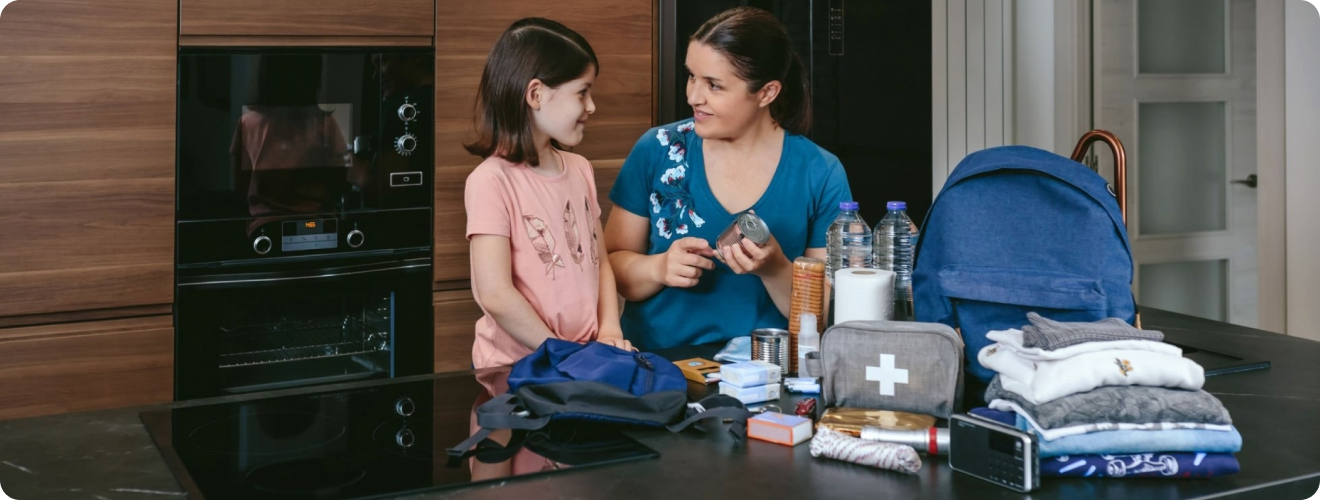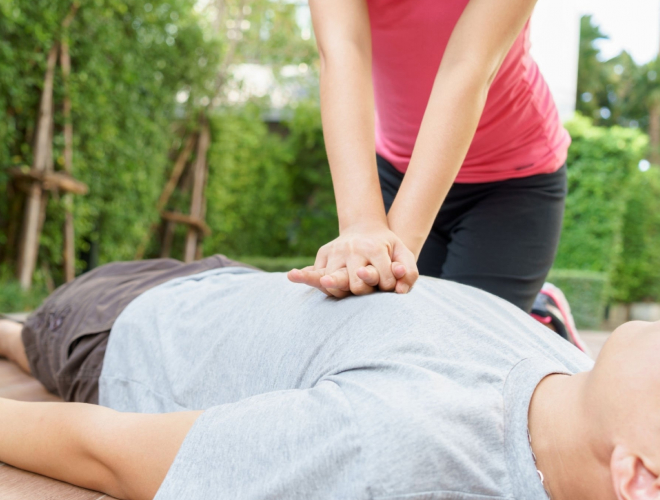


Emergency preparedness is the process of planning and taking action to protect self and family from potential hazards and threats that could cause harm or disruption to health and well-being.
Emergencies come unannounced. Everybody should be ready for medical emergencies at any time and place. Being prepared can help you and your family to survive, cope, and recover from the impacts of a medical emergency. It may lessen your chance of falling ill or getting an injury, save time and money, and support your community as well.
In this article we will discuss different aspects of emergency and recommend a few actions to keep self and family safe.
If there is one thing that the world has learnt since 2020 is that “it is better to be safe than sorry.”
The COVID-19 pandemic has been a significant health crisis that has affected millions worldwide. Malaysia itself has recorded more than 5 million cases and over 37,000 deaths till June 2023. The pandemic has also overwhelmed the health system, disrupted the economy, and changed how people live and work – not just in Malaysia but in the entire world. Despite the efforts of the government and health authorities to contain the virus and vaccinate the population new variants and outbreaks could still occur.
Besides COVID-19, Malaysia is vulnerable to other medical emergencies that could threaten public health and safety. For example, the country is prone to natural disasters such as floods which could cause injuries, illnesses, or deaths among the affected population.

According to CERT Academy, a leading academy for emergency training in Malaysia, some of the essential supplies that should have in an emergency kit are:
However much we prepare beforehand, it is natural to get overwhelmed when the emergency actually happens. Here are a few things you can do during a medical emergency:
After a medical emergency, the first thing to do is to monitor the injured health condition. If medical assistance was not sought before, it should be sought immediately. Even if the person feels fine after a medical emergency, there can still be hidden injuries or illnesses that need medical attention. See a physician or other healthcare professional for a check-up and diagnosis as soon as possible. His/her health needs close monitoring for any symptoms or signs of illness or injury that may develop later. Report any health condition changes to a doctor or healthcare provider immediately.
Follow up with any treatment or medication the doctor prescribes. A doctor may prescribe therapy or medication after a medical emergency to help heal faster and prevent complications. Follow the doctor’s instructions carefully and take treatment or medication as directed. It would help inform the doctor of any side effects or allergies from treatment or cure.
Seek emotional support or counselling is also recommended, especially if someone experiences stress, anxiety, or trauma from a medical emergency. An unexpected medical need can be a highly distressing and traumatic experience affecting mental and emotional health. One may feel scared, angry, sad, guilty, or depressed after a medical emergency. It may also lead to nightmares, flashbacks, or difficulty sleeping or concentrating. These are normal reactions to a medical emergency but can interfere with daily life and well-being. It will help people who keep their feelings to themselves and cannot cope alone. They should seek emotional support or counselling from their family, friends, relatives, co-workers, or professionals who can help them manage and recover from the aftereffects of a medical emergency.
Last but not the least learn from the experience and improve your and your families emergency preparedness for the future. An emergency can be a valuable learning opportunity. Review the emergency plan as well as the emergency kit and see what worked well and what did not. Identify any gaps or weaknesses in preparedness and take steps to address them. Share experience and knowledge with others and help them improve their emergency preparedness.
Emergency preparedness is a vital process that can help families remain safe and resilient during emergencies. Taking the essential steps before, during, and after an emergency can reduce risks, protect health, and cope with the impacts of a medical emergency. Being prepared will also benefit the community and country, enhancing the collective response and recovery from public health threats and challenges.
Here are some resources that you can use to contact during a medical emergency and learn more about emergency preparedness:
Visit the Ministry of Health’s website, the National Disaster Management Agency, or the World Health Organization websites for more information on emergency preparedness and response in Malaysia. You can also contact or join the following organizations that provide emergency preparedness and response training or support in Malaysia: Malaysian Red Crescent Society, St John Ambulance Malaysia, or Mercy Malaysia.
We hope this article has helped you understand the value of disaster preparedness and its advantages and inspired you to prepare yourself and your families for medical emergencies. Remember, being prepared is a step towards ensuring safety, health, and resilience during any medical emergency.
Sources:
Spread the love, follow us on our social media channels